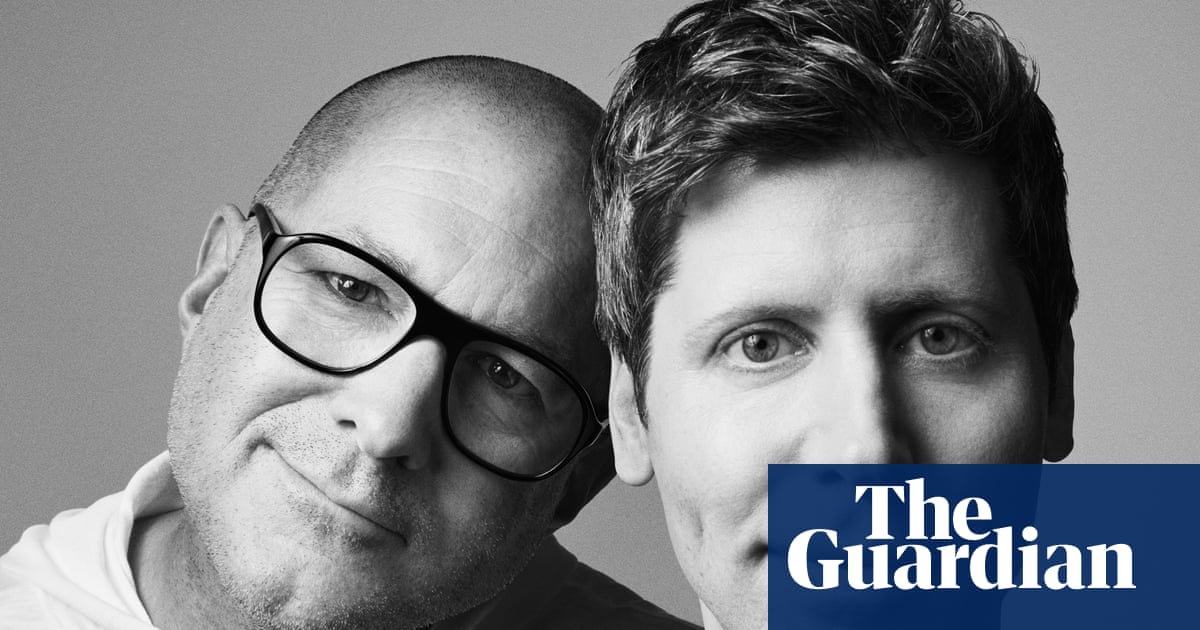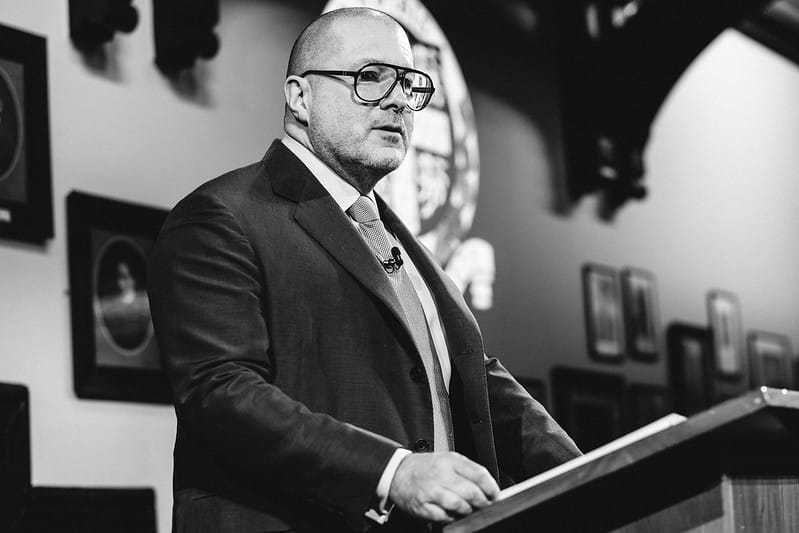OpenAI has removed all online content related to its hardware startup with Jony Ive named io following a trademark infringement lawsuit from iyO Inc. The ChatGPT developer announced the £4.8 billion ($6.4 billion) deal with the iPhone designer's company on May 21, 2025. However, on June 20, US District Judge Trina Thompson issued a temporary restraining order prohibiting the use of the io name. The company subsequently took down promotional materials, including a nine-minute video featuring Ive and OpenAI CEO Sam Altman discussing the partnership.
iyO Inc., a startup manufacturing AI-backed earbuds, expanded its legal action beyond OpenAI and Ive by filing a lawsuit against its former employee, Dan Sargent, for leaking trade secrets on July 11, 2025. iyO's CEO Jason Rugolo had previously pitched his product ideas and prototypes to firms connected to Altman and Ive in 2022, which politely declined his proposals. Unbeknownst to Rugolo, by 2023, Ive and Altman had already begun secretly developing their own AI hardware initiative. On July 15, 2025, iyO submitted another filing accusing the defendants of violating the court order by reposting the io Products website, describing it as "appalling that a big gorilla conglomerate like Open AI and such public figures think they can try to decimate a startup company."
At the core of this legal dispute is an ambitious technological vision: creating a new way to interact with AI assistants without screens or conventional devices. In a court declaration, io co-founder Tang Yew Tan specifically stated their product "is not an in-ear device, nor a wearable device," clearly attempting to differentiate it from iyO's offering. Altman has described their upcoming device as "the coolest piece of technology that the world will have ever seen," though specific details remain confidential. The case continues with a hearing scheduled for autumn this year.
Sources:



In a new legal development, iyO Inc. alleges violation of a court-ordered TRO involving confidential technology by OpenAI and partners. The motion claims unauthorized use and breach of IP protections.









